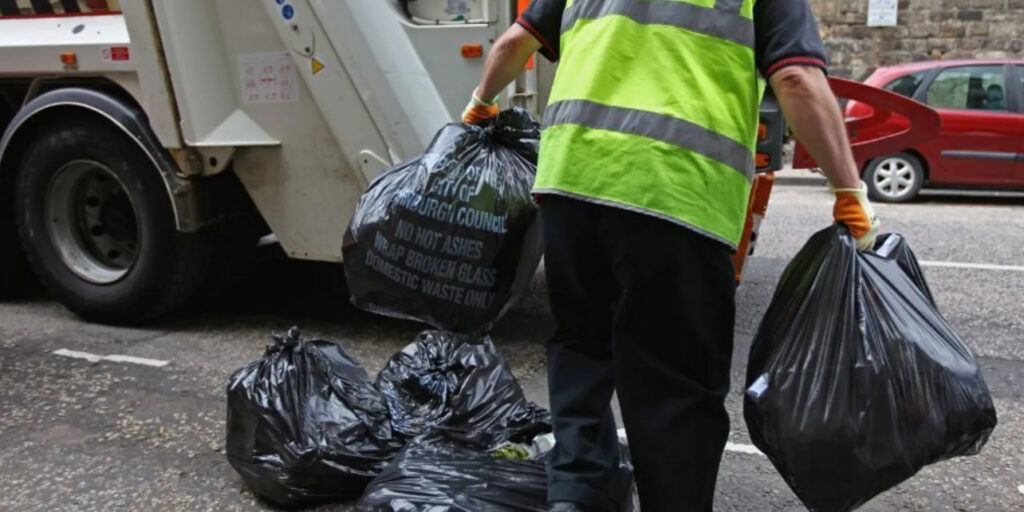Five Scottish councils have confirmed the biggest council tax increases in 20 years, with rates rising between 7.5% and 10% as the nationwide tax freeze comes to an end. The Scottish Borders Council has approved a 10% increase, while Glasgow City Council has backed a 7.5% rise, partially earmarked for improved street cleaning. Meanwhile, North Lanarkshire, Fife, and Edinburgh are also planning significant hikes, with rates expected to rise by 8-10%.
Despite an extra £1 billion in funding from the Scottish government’s 2025-26 Budget, local authorities argue that years of restricted funding and rising costs have made higher council tax rates unavoidable. By the end of the day, all five councils—representing a combined population of around two million people—are expected to finalize their tax increases, all well above the current inflation rate of 3%.
Glasgow Approves 7.5% Hike with Focus on Street Cleaning
Glasgow City Council, Scotland’s largest local authority, had previously warned of a £7.9 million budget shortfall before factoring in council tax increases. The ruling SNP group and Green councillors have agreed on a 7.5% increase, directing £6.75 million of the revenue toward hiring 200 extra street cleaning staff and maintaining roads, pavements, and parks.
City Treasurer Ricky Bell defended the decision, stating, “This increase, combined with the latest government settlement, finally gives us some cash to invest in frontline services after years of austerity.”
Local unions have raised concerns about the city’s waste collection services, citing reports of uncollected rubbish and rat infestations in certain areas. The council aims to tackle these issues by deploying dedicated Neighbourhood Clean Teams to address community concerns more effectively.
Council Tax Rates Rise Across Scotland After Years of Freezes
Council tax rates in Scotland have been frozen or capped for much of the past two decades. In the 2023-24 financial year, many councils implemented modest 5% increases, but the lifting of the freeze in April 2025 has allowed for significantly larger hikes.
First Minister John Swinney acknowledged that council tax rates would rise but emphasized the Scottish government’s £15 billion local authority funding package for 2025-26. “I accept that there will be increases in council tax,” he said, adding that the government was “investing in and supporting local authorities while facing enormous financial pressures.”
Will Council Tax Be Reformed?
Despite calls for a fairer system, council tax in Scotland is still based on house valuations from 1991, which often impacts lower-income households disproportionately. The SNP government has pledged to reform council tax since 2007, but with the current parliamentary term ending in May 2026, no major changes are expected before then.
Earlier this month, the Scottish government and the Convention of Scottish Local Authorities (COSLA) announced a joint consultation on council tax reform, but details remain unclear. Meanwhile, local authorities argue that financial strain is being worsened by the UK government’s planned National Insurance increase, which could leave them with an additional £100 million shortfall.
How Do Councils Spend Their Budgets?
Funding for Scottish councils comes from three main sources:
• 66% from the Scottish government grant
• 19% from council tax
• 15% from business rates
Local authorities are responsible for essential public services, including education, social care, public transport, and cultural facilities. Glasgow City Council, for example, spends £830 million on education and £570 million on social services.
As council tax rates rise, many residents will be looking for improvements in local services, infrastructure, and community support, with councils under pressure to justify the largest tax increases in two decades.


